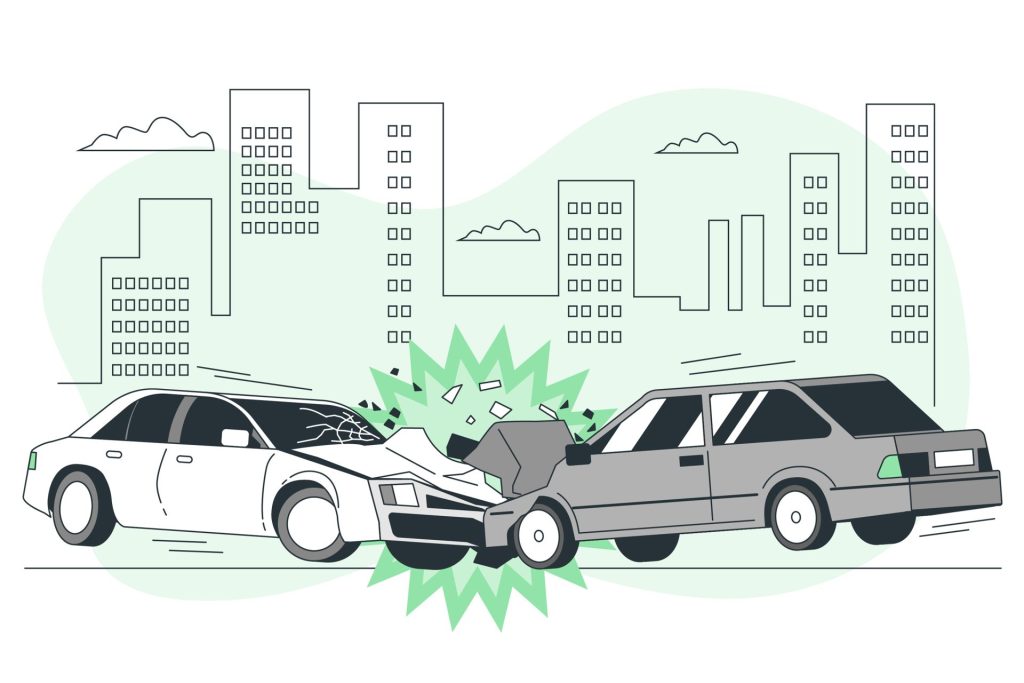Sometimes, companies may suffer some type of catastrophe on heritage elements that compose it and directly affecting the material assets. These incidents may be due to natural causes, fires, accidents, electrical failures, theft, etc. Therefore, what must be taken into account in accounting to write off an asset due to an accident?
In relation to the derecognition of accounts, we must keep in mind the fourth rule of the ICAC Resolution on property, plant and equipment where it is established, in general terms, that the depletion of the asset when It is disposed of or when it stops producing the expected economic benefits within the company's production process.
Likewise, the result of the withdrawal and as established by the aforementioned precept itself, will be determined by:
The difference between the amount that is obtained, net of
the costs of sale, and their book value, and will be allocated to the profit and loss account.
profits of the year in which they occur, forming part of the operating result.
Fourth rule of the ICAC Resolution on property, plant and equipment
In relation to write-offs due to accidents, this same fourth rule of the aforementioned Resolution establishes in point 2.3 that "the company will write off the book value of the tangible fixed assets that can no longer be used due to a fire, flood or any other disaster through recognition of an expense in the profit and loss account.

In relation to this drop and the unamortized part will be recorded as a loss in the account 678, "Exceptional expenses".
In the case of immobilized
In the event that the damaged asset was covered by a sure, The rule establishes that the compensation must be recorded as income in the account 778, "Exceptional income." To record this income, there can be no doubts regarding the amount or its income and it will be recognized on the date of the incident.
The amount to be recognized as income will be that of the loss produced, as long as the amount paid by the insurance company is not higher. If it is, the insurance amount will be recognized. Furthermore, the aforementioned rule establishes that it is necessary for the situation of uncertainty in relation to the insurance to disappear, so there must be solid reasons for said income.
If the company does not recognize the insurance
If the company does not recognize the insurance and a lawsuit is initiated litigation, exceptional income cannot be recorded until there is a final favorable ruling due to the uncertainty that exists in recognizing the income at that time and not knowing whether it will occur or not.
Thus, the accounting record to be carried out will be the following:
For the amortization fee pending before the incident:
| Code | Account | Has to | To have |
| 681 | «Depreciation of property, plant and equipment» | – | |
| 281X | "Accumulated amortization………" | – |
For the deregistration of the fixed assets:
| Code | Account | Has to | To have |
| 281X | "Accumulated amortization………" | – | |
| 678 | "Exceptional expenses" | – | |
| 21X | (The corresponding fixed assets) | – |
In the event that the insurance company accepts the claim:
| Code | Account | Has to | To have |
| 572 | «Banks and credit institutions c/c sight, euros» | – | |
| 778 | «Exceptional income» | – |
In the event that the insurance company does not accept the claim:
| Code | Account | Has to | To have |
| 440 | «Debtors, damaged items» | – | |
| 778 | «Exceptional income» | – |
Therefore, in the case of an accident, we must take into account the derecognition of the corresponding fixed assets, the pending amortization as an extraordinary expense for the year and whether or not there was insurance on the damaged assets to proceed as analyzed and record the exceptional income in accounting, taking into account the aforementioned valuation standards.
Don't miss all the latest news in the Financial area from the best professionals in the sector in our Master in Financial Management, Accounting and Management Control.




































